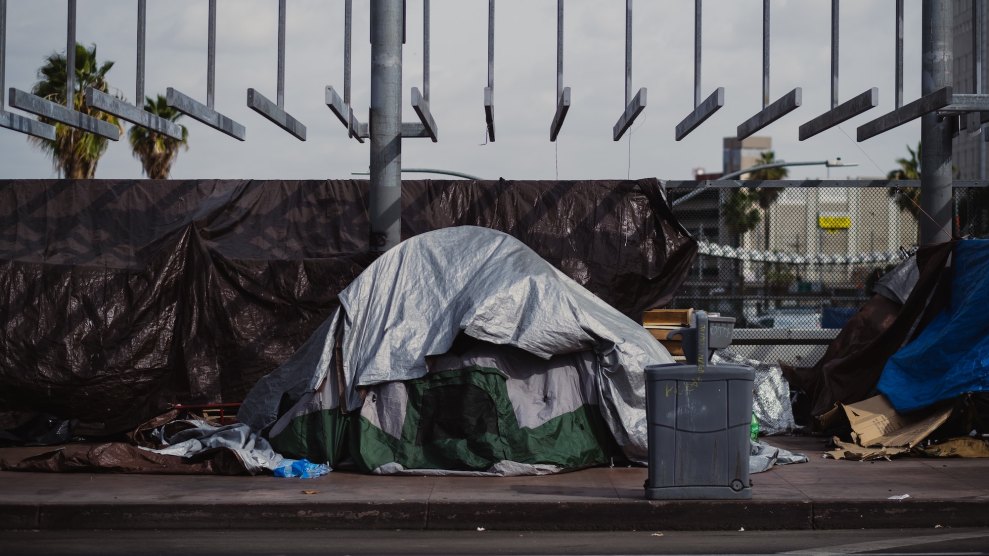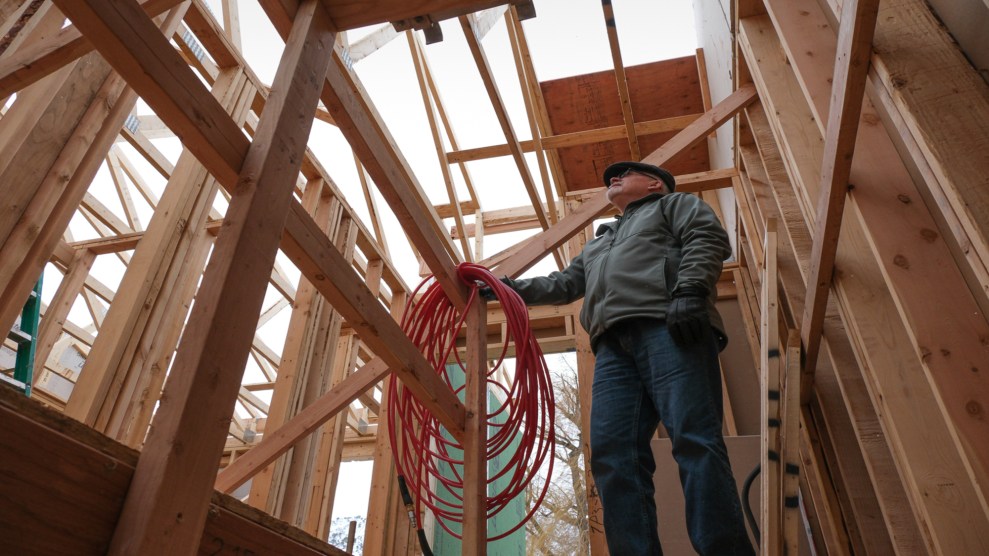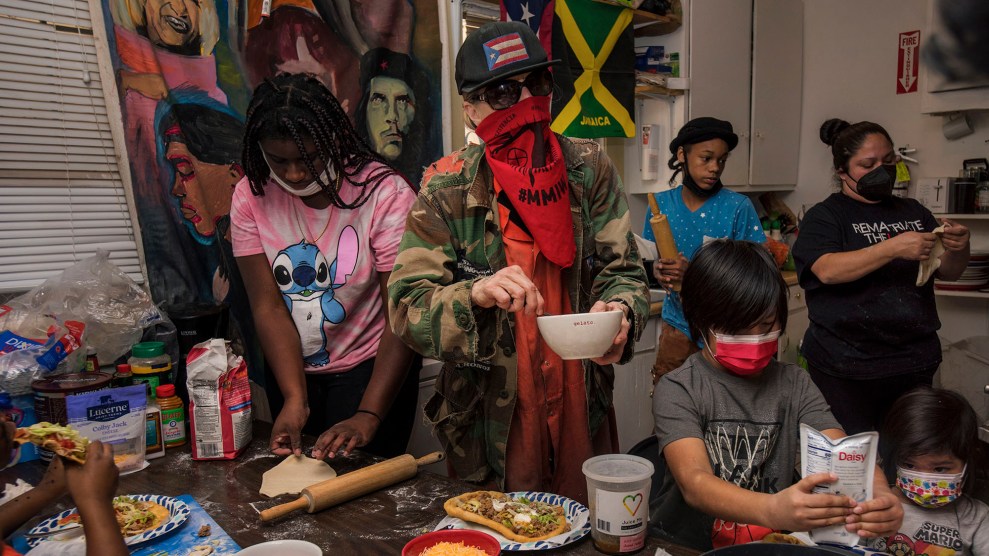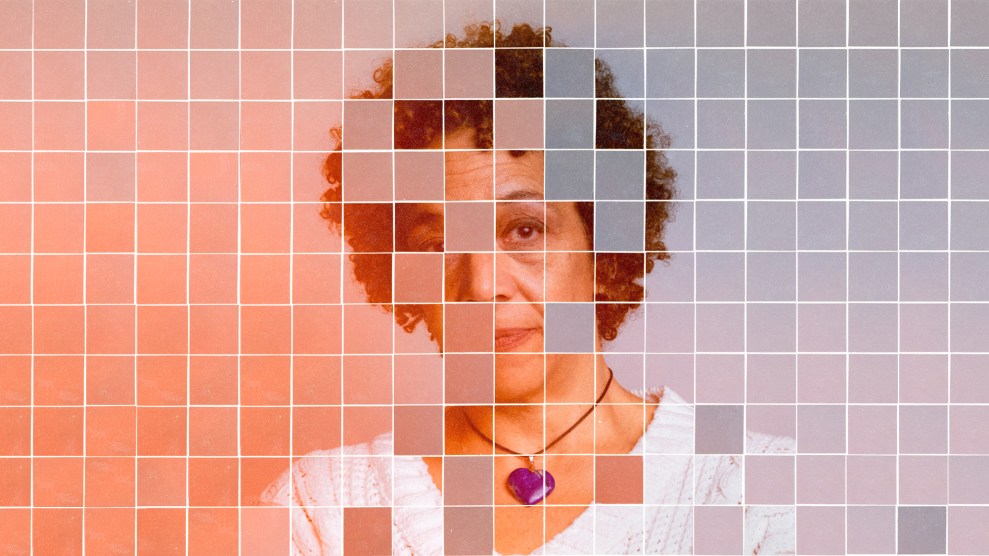
Levi Meir Clancy/Unsplash
The primary reason people become unhoused in California is unaffordable housing, including due to loss of income, according to a study released Tuesday. Around a third of the United States’ unhoused population—some 170,000 people—lives in the state.
The University of California, San Francisco, Benioff Homelessness and Housing Initiative, after an initial survey of over 3,000 people, interviewed more than 350 unhoused people about the factors that contributed to their becoming homeless, the resources they had sought out, and information about their health.
Around nine in 10 participants said current housing costs negatively impacted their ability to find new permanent housing. Most said subsidies of $300 to $500 per month would have helped them maintain their previous housing.
“The results of the study confirm that far too many Californians experience homelessness because they cannot afford housing,” said Dr. Margot Kushel, the initiative’s director and principal investigator of the survey, in a press release.
Black, Indigenous and Latinx people are overrepresented among unhoused Californians compared to the state’s overall population, according to the researchers.
The research was conducted between October 2021 and November 2022; California ended a statewide eviction moratorium last June, although some municipalities extended local Covid-related eviction bans.
A majority of survey participants had experienced symptoms of mental illness over a significant period of their lives. Nearly 70 percent reported depression and/or anxiety, one in four had received a diagnosis of post-traumatic stress disorder and a similar number reported experiencing hallucinations.
In addition to a majority of participants experiencing mental illness, many also lived with physical chronic health issues: 60 percent of unhoused survey participants lived with a chronic disease, with 30 percent having hypertension and 25 percent having asthma or chronic obstructive pulmonary disease. More than a quarter reported at least two chronic health conditions. Researchers said the health of unhoused people was “far worse than their housed, non-institutionalized counterparts.”
Some of the health issues reported by participants are linked to poverty. For example, research suggests that children living in lower-income neighborhoods are more likely to have asthma.
While a majority of participants were covered by California’s Medicaid program, chronic disease management in the United States can also be very costly, compounding the problem of housing affordability. Health expenses are still a common cause of bankruptcy in the United States, according to an American Journal of Public Health article.
The survey also found that lack of accessible housing, which reduced the number of viable rental options, was a factor contributing to homelessness: The doors of one home, a participant told researchers, were “not wide enough for the wheelchair that I had.”













